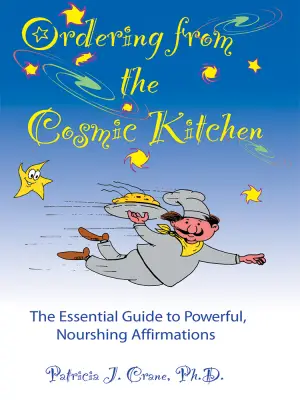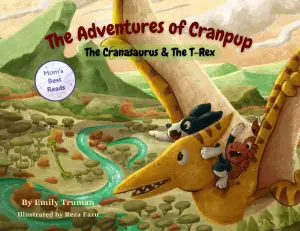
30 May Book Review of Write for Your Life
Write for Your Life: A Journey into the Power of Words
When I picked up Write for Your Life by Erin Gruwell, I found myself both intrigued and comforted. Having followed Gruwell’s journey with the Freedom Writers, I was eager to explore how her latest work would unravel the transformative power of writing. Thoughts of my own scribbled musings and the diaries tucked away on dusty shelves came rushing back. Gruwell has a way of inviting us all to reflect on our narratives, both personal and collective.
At its core, Write for Your Life is a poignant exploration of self-discovery and the written word. Gruwell captures the essence of literacy as a revolutionary act, once a tool of segregation, now a bridge connecting us across backgrounds. Her assertion that “writing is speech, observation, and understanding put down in concrete form” resonates deeply, making me realize how often we overlook the profound impact our words can have—not only on ourselves but on those around us.
Gruwell shares poignant narratives from her personal experience teaching a group of “damaged and broken” students. The description of her classroom evolving into a vibrant writing community over the years—where journals acted as confidants for students grappling with traumas—moved me. Particularly touching was her observation: “Their journals became the confidants of kids who had a lot to talk about and no one to talk with.” How many of us have found solace through writing, especially when we felt unheard?
The writing style is both accessible and reflective, with a warmth that makes you feel like you’re sipping tea with an old friend. Gruwell’s narrative flows effortlessly between poignant memoir and motivational guidance, keeping the reader engaged from cover to cover. The pace feels just right, allowing space for personal anecdotes alongside broader themes.
One striking quote stood out to me: “Words can resonate through generations for all of us.” This echoes the sentiment that writing serves not just as personal catharsis but as a gift we can leave behind. Whether it’s a handwritten letter or a diary entry, the act of writing can be a legacy of our thoughts, emotions, and experiences. The imagery of a daughter discovering her mother’s diaries, written with love and vulnerability, evokes a profound sense of continuity and connection.
The book raises a crucial conversation about the digital age. Gruwell reflects on how technology, while connecting us, can also create a sense of isolated solitude. In a world often dominated by quick texts and shallow engagements, Write for Your Life invites us to slow down and recognize the sacredness of putting pen to paper. The magic of a handwritten letter, as she notes, is akin to a heartfelt embrace—something deep and lasting.
I believe anyone seeking to understand themselves better, or desiring motivation to explore their stories, would benefit immensely from this book. It serves as not just a guide for budding writers but also a reminder that everyone has a story worth telling. For me, reading Gruwell’s words was a gentle nudge to cherish my own narratives, the good and the bad, and to perhaps leave a little piece of myself behind in the ink.
In closing, Write for Your Life doesn’t just challenge us to write; it encourages us to engage with our own humanity. As Gruwell eloquently states, “The gift of your presence forever.” This book is a treasure, resonating with anyone willing to embark on the journey of self-discovery through writing.
Discover more about Write for Your Life on GoodReads >>









